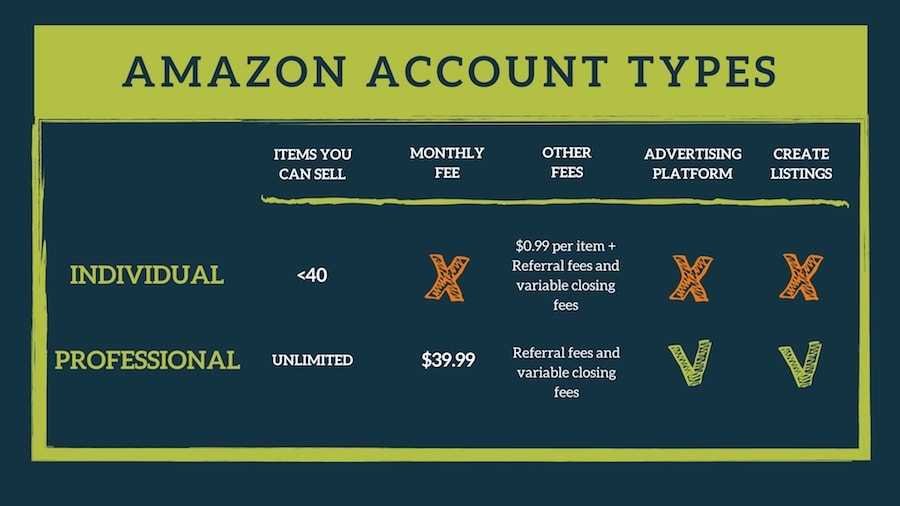Amazon Business is a dedicated platform designed to meet the unique needs of businesses, whether they are small startups or large enterprises. Amazon Business enables organizations, regardless of their size, to streamline purchasing processes and propel themselves toward the next phase of growth.
Key Features of Amazon Business:
- Exclusive Business Pricing and Bulk Discount:
A notable feature of Amazon Business is the provision of pricing tailored for businesses and discounts on bulk purchases. This enables registered businesses to unlock exclusive deals and achieve cost savings, enhancing the cost-effectiveness of their procurement process.
- Multi-User Business Accounts:
Amazon Business empowers organizations to establish multi-user accounts, each equipped with distinct roles and permissions. This feature facilitates a streamlined procurement process for companies managing multiple departments and users.
- Analytics and Reporting:
The platform offers robust analytics and reporting tools, furnishing valuable insights into purchasing patterns, expenditures, and other pertinent data. This empowers businesses to make informed decisions and optimize their procurement strategies.
- Tax-Exempt Purchases:
Registered businesses on Amazon Business have the privilege of making tax-exempt purchases, streamlining the process, and ensuring adherence to tax regulations.
- Integration with Procurement Systems:
Particularly beneficial for larger enterprises, Amazon Business provides seamless integration options with prevalent procurement systems.

1. Amazon has a large and growing marketplace
There is something to be said about Amazon’s amazing reach. More than 200 million people shop on Amazon each Month.
2. Brands have found success on Amazon
Even prominent and long-established retailers with substantial foot traffic can capitalize on the opportunities presented by selling on Amazon. The sheer volume of visitors to Amazon surpasses that of any other retailer, making it crucial for brands to establish a presence where their customers are. Imagine a bustling mall where the majority of customers shop – Amazon is the equivalent of the largest and most frequented mall in the United States. Just as retailers would want to be located in such a prime shopping destination, having a presence on Amazon ensures brands tap into a vast and active consumer base.
3. Access to world-class logistics.
Fulfillment by Amazon (FBA) stands as an additional advantage for those opting to sell on the Amazon platform. Engaging in Amazon sales allows businesses to harness the extensive capabilities of Amazon’s supply chain. Upon joining Amazon’s FBA program, organizations dispatch their inventory to Amazon, which subsequently oversees the storage of the inventory in its facilities, along with handling shipping and customer service responsibilities, including managing returns.
4. Selling on Amazon offers a relatively straightforward entry point into the world of eCommerce.
Starting to sell on Amazon is comparatively simple. There’s no need to manage your website, establish a logistics network, or worry excessively about timely product deliveries to customers. Rather than maintaining an elaborate website, your store is represented on Amazon through your product listing pages. If the minimalist design of Amazon’s product pages seems overwhelming, take comfort in the fact that everyone is facing the same situation.
Types Of Amazon Seller Accounts

Individual Seller Account
Individual Seller Account An Individual Seller Account serves as a straightforward entry point into the realm of e-commerce, particularly suited for novice sellers or those with a limited product range. With the flexibility to list products across over 20 categories, sellers can harness this platform without incurring any monthly subscription fees.
Constraints and Ideal User Profile
While the simplicity and cost-effectiveness may be enticing, the Individual Seller Account does have its limitations. The inability to delve into restricted categories and the imposition of a per-item selling fee could potentially hinder growth and cost-effectiveness, making this account type most suitable for individual sellers with a smaller product inventory and modest sales volumes.
Fee Structure and Cost Evaluation
Despite the absence of a monthly subscription fee, individual accounts entail a flat fee of $0.99 per item sold. While advantageous for sellers operating on a smaller scale, this fee structure may present a notable cost challenge for those managing larger sales volumes.
Professional Seller Accounts
Amazon’s Professional Seller Account stands as the premium offering designed to cater to the intricate needs of high-volume sellers and agencies. Tailored to be comprehensive, this plan includes advanced selling tools and unrestricted access to all product categories.
This account boasts robust features such as bulk listing and reporting tools, inventory management through spreadsheets and APIs, customizable shipping rates, and promotional functionalities like Sponsored Products. These advanced tools collectively create an environment conducive to business scalability and operational efficiency.
Advantages of Professional Seller Account
The Professional Seller Account brings forth several advantages when compared to the Individual Seller Account. Notable benefits include the absence of a per-item selling fee, expanded access to product categories, and advanced inventory and order management tools.
The synergy of these advantages positions the Professional Seller Account as a superior and more cost-effective choice, especially for sellers operating at large volumes.
Despite the heightened service levels, the Professional Seller Account comes with a monthly subscription fee of $39.99. However, this is counterbalanced by the lack of per-item fees. Sellers should be mindful that additional costs, such as referral and closing fees, may be applicable depending on the category and type of product being sold.
In summary, the Professional Seller Account emerges as a cost-effective and scalable solution, ideal for businesses aspiring to achieve substantial growth and manage high sales volumes.
Using Amazon Seller Central
Amazon Seller Central is a web-based platform provided by Amazon that allows both individual and professional seller accounts to sell their products directly on Amazon’s marketplace. It is a hub for sellers to manage their inventory, product listings, pricing, and order fulfillment.
Through Seller Central, you can do a multitude of things, including:
- Monitor sales performance
- Access customer feedback
- Create new listings and/or update existing ones
- Generate business reports
- Track payments, item returns, and refunds
Amazon Vendor Central Account
Another vital player in the Amazon ecosystem is the Amazon Vendor Central account. This platform offers an alternative to the Professional Seller account we discussed previously. It is tailored towards manufacturers or distributors who wish to sell directly to Amazon.

Conclusion on Amazon Seller Account Types
Amazon offers diverse seller account options, each with its distinct features, including the Individual Seller account, Professional Seller account, and Vendor Central account. Each Amazon seller account type presents its intricacies, advantages, and challenges. Choosing the right account type is crucial, aligning with your unique business strategy.
With a comprehensive understanding of each account type, you can enhance and optimize your overall selling experience on Amazon.
It’s essential to note that achieving success on Amazon goes beyond selecting the appropriate seller account. Success also hinges on deploying advanced strategies, understanding your target market, and continually refining your processes.
For unprecedented insights and management of your Amazon PPC campaigns, explore Scale Insights’ Amazon PPC optimization platform.
Contact Us today for a complete guide on it – and propel your business to new heights!






